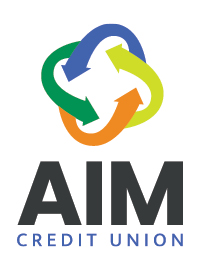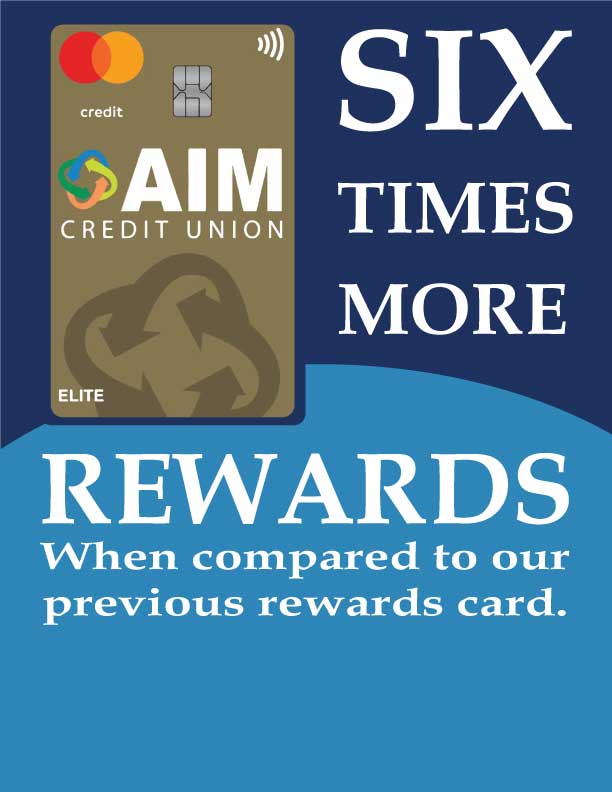Fraud Alert
Free Credit Report
Members are encouraged to check and monitor their personal credit report by visiting www.annualcreditreport.com . If you have questions about the information on your credit report, please do not hesitate to contact AIM Credit Union. Regular credit report monitoring is key in identifying.
Common Identity Theft Q&A
Liability
Credit Card:
Generally, your liability is zero as long as you’ve been responsible with your card(s). Your liability is limited to a maximum of $50 per card.
Debit Card:
As a practical matter, as long as you’ve been responsible with your card(s), your liability is zero in most instances. The key in both situations is to inform AIM Credit Union if you suspect fraudulent charges may be occurring on your account.
Types of Identity Theft
Skimming:
Watch for irregular devices that may have been attached to the ATMs that might have a slightly different color over the card reader than the machine, or perhaps the ATM looks different than it did the last time you used it.
Spamming:
Sending unsolicited email indiscriminately to multiple mailings lists, individuals, or newsgroups.
Spoofing:
Creating a replica of a legitimate web page to fool you into submitting personal, financial or password data.
Phishing:
Luring victims to a fake web site through spam. Signs it may be a phishing attack:
- Email uses generic greeting (“Dear MasterCard Customer”)
- Refers to an urgent problem
- States your account will be shut down unless you reconfirm billing information
- Urges you to click a link within the message you weren’t expecting.
General Precautions
- Never give personal information to callers
- Safeguard wallets, purses, checkbooks and account statements – at home AND at work
- Review statements monthly (more often online)
- Don’t write passwords or PINs on back of cards
- Shred receipts, statements, cancelled checks
- Be aware of information shared on social media sites
Know when you HAVE to give out your Social Security Number, and when you don’t
MUST give SSN
- Financial institutions
- Employers
- Income tax records
- Loan applications
- Credit bureau reports
- College records
May want to refuse
- Over the phone
- On club memberships
- As ID for store purchase
- As general identification
- On drivers license





